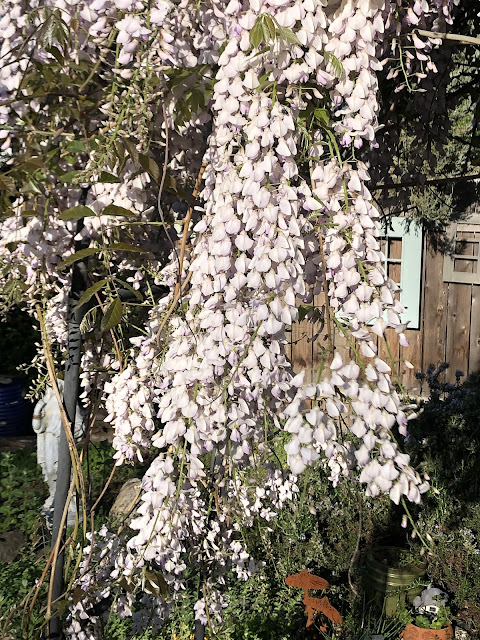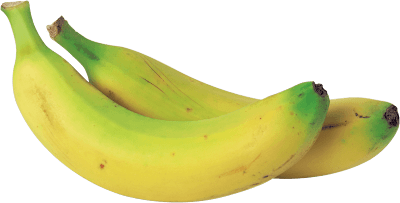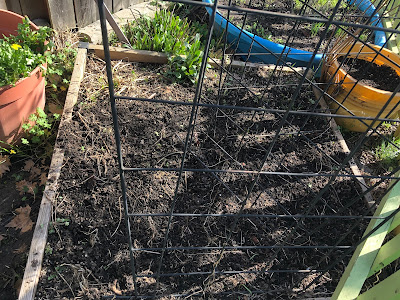24 Seasons: Koku 穀雨 (Grain Rain) No. 32

24 Seasons Syllabic Poetry Challenge, No. 32 Grain Rain (April 19 – May 4) Koku 穀雨 " This week: Your writing invitation is to experiment with the renga form. " " I’ll give you the hokku portion for the Northern & Southern Hemispheres, and you write the wakiku portion. (I’ll add the kigo words to the hokku). BONUS: After you write the wakiku in reply to my hokku, please add your own hokku (haiku) on your post. In the comments on your post, I’ll add the wakiku portion! " an empty attic the sound of April showers thunderous rumblings so different from winter's silent snowfalls on my roof For my hokku I have used the kigo "wisteria," as mine is blooming. with lilac petals the wisteria perfumes the air as we pass ©2024 Lisa Smith Nelson. All Rights Reserved #tankatuesday #kigo #tankatuesdaypoetrychallenge #tankatuesday24seasons #rengapoem #renga #syllabicpoetry #wisteria








